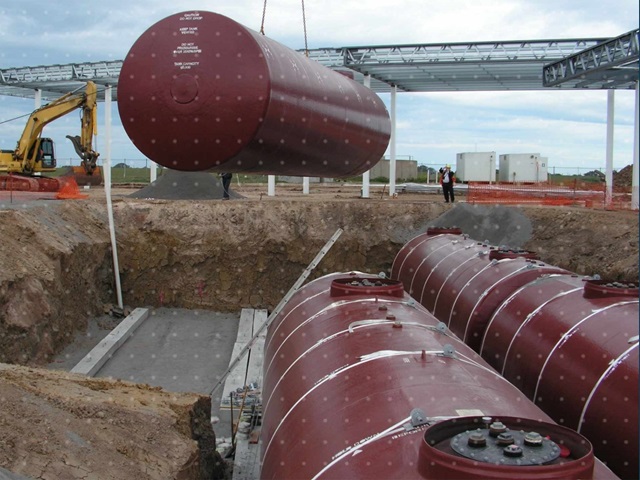Leaks and spills
Notify the City of Sydney as soon as possible.
Councils are responsible for regulating and inspecting these systems in their local areas.
Notify the City of Sydney as soon as possible.
We will generally contact the person responsible for the underground petroleum storage system before we conduct a compliance inspection.
The NSW Environment Protection Authority provides a fact sheet about underground petroleum storage system obligations and a self-evaluation compliance checklist.
We follow the compliance checklist during an inspection.
If there is a concern about the operation of the storage system, or in response to complaints, an inspection may occur without prior notice.
Please note, the City of Sydney may charge an inspection fee. The fee will be issued to the owners/person responsible for managing the storage system.
The person responsible for the underground petroleum storage system must have a fuel system operation plan. The NSW Environment Protection Authority provides guidelines for fuel system operation plans.
Underground petroleum storage systems can leak, causing soil and groundwater contamination. The storage systems pose a significant threat to the environment and human health if they leak and aren’t monitored.
Soils or groundwater impacted by fuels may result in the property being classified as contaminated land. Leaks that are undetected have the potential to cost a considerable amount of money and resources to clean up.

The person responsible has a duty to maintain and manage runoff from forecourts of service stations appropriately, under the Protection of the Environment Operations (Underground Petroleum Storage Systems) Regulation 2019.
The NSW Environment Protection Authority provides best practice guidelines for managing forecourt runoff.
These systems are storage facilities that hold petroleum products. Its components include pipes, valves and any other material that aids in the storage of petroleum products.
The storage systems are generally found at service/petrol stations but can also be at car dealerships, mechanical garages, golf courses, depots or airports.
You are required to notify the City of Sydney at least 30 days before you propose to decommission an underground petroleum storage system. Email the notification to [email protected]
A validation report from a suitably qualified and experienced person is also required to be lodged with the City of Sydney within 60 days of the storage system being decommissioned.
The NSW Environment Protection Authority provides resources on how to appropriately manage underground petroleum storage systems.
It’s also created an informative course relevant to both the regulatory authority and persons responsible for managing underground petroleum storage systems.
Property & tree maintenance
